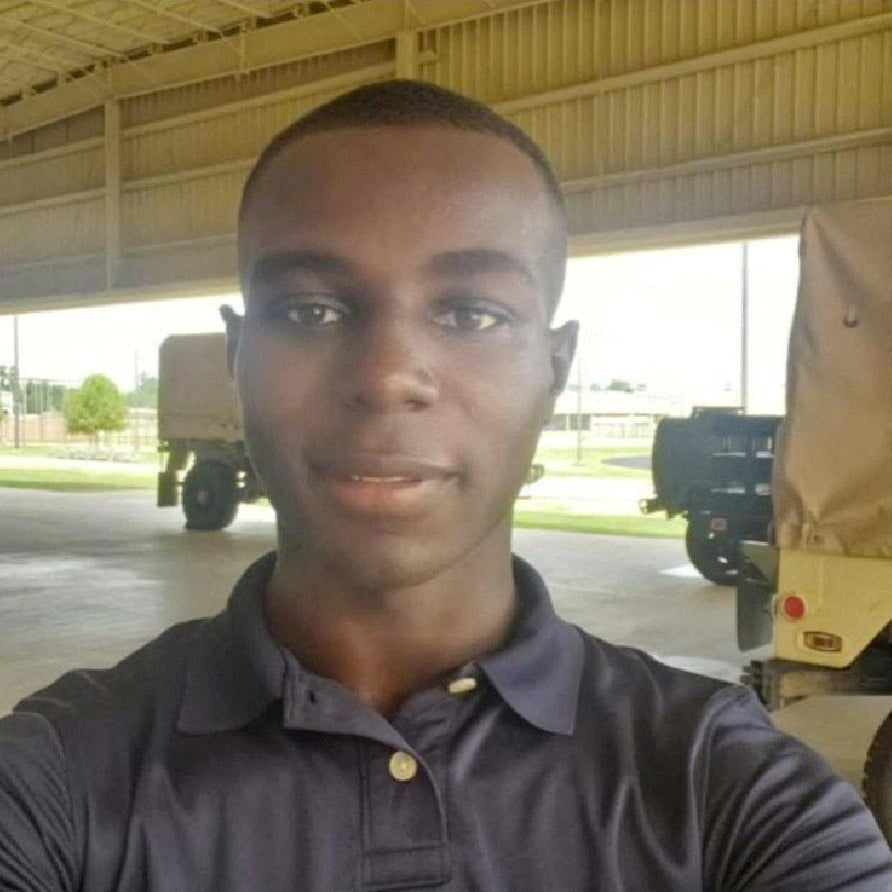
US Army Private King who fled to NKorea to plead guilty to five charges
PHOTO CAPTION: U.S. Army soldier Travis King appears in this unknown location, undated photo obtained by REUTERS
By Idrees Ali and Kanishka Singh
WASHINGTON (Reuters) - U.S. Army Private Travis King, who last year ran into North Korea and was taken into custody there, will plead guilty to five charges, including desertion, while taking responsibility for his conduct, his lawyer said in a statement on Monday.
WHY IT'S IMPORTANT
The U.S. Army charged King with crimes ranging from desertion for running into North Korea in July to assault against fellow soldiers and solicitation of child pornography, Reuters reported late last year.
He was charged by the Army with 14 offenses under the Uniform Code of Military Justice, after his release from North Korean custody in September.
His release followed weeks of behind-the-scenes negotiations that led the Swedish government to retrieve King in North Korea and bring him across the border into China for a handoff to the U.S. ambassador.
KEY QUOTES
"He will plead guilty to five of those (14 offenses), including desertion, three counts of disobeying an officer, and assault on a noncommissioned officer," his lawyer said.
"He will plead not guilty to the remaining offenses, which the Army will withdraw and dismiss."
CONTEXT
King joined the Army in January 2021. He was detained in South Korea over assault allegations to which he pleaded guilty.
King had already been due to face disciplinary action in the United States after his release from South Korean detention. He was on his way home when he slipped away from Seoul's international airport and made his way to a civilian tour of the border area between North and South Korea.
Then King sprinted across the border into North Korea. He was immediately taken into North Korean custody before being released last September.
The guilty plea and sentencing hearing will be held on Sept. 20 at Fort Bliss in Texas, the lawyer added.
(Reporting by Idrees Ali and Kanishka Singh in Washington; Editing by Mary Milliken and Lincoln Feast.)









